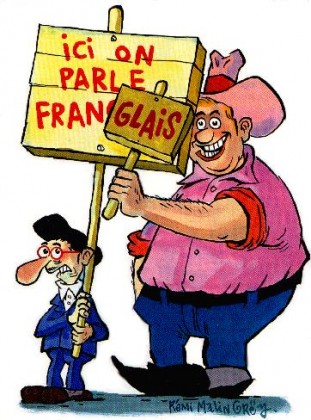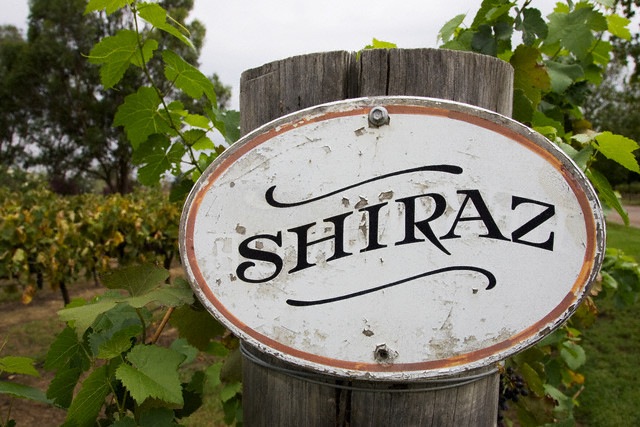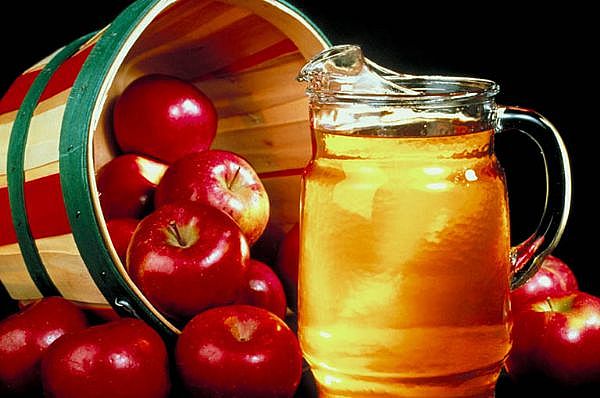French Lingeaux!

It has been said that the greatest accomplishment of the French people is their mastery of their own French language. This observation is attributed to a student studying for a final exam in – of all things – French class. There is no truth to the rumor that French is difficult to learn. The French language derives from Latin, which is the language spoken by Latinos. Therefore if you speak some English and want to learn French, you should hang around people from Mexico, Cuba and Puerto Rico. What could be simpler?
For those of you who are unwilling or unable or just too lazy to do this and are still curious about the French language, I’ll give you a short list of French expressions that are commonly used in English and give you the common Kentucky interpretation.
Tour de force – This is an activity commonly engaged in by presidents and other heads of state. Usually it takes place on a parade ground or other big open space where lots and lots of soldiers can stand at attention while a head of state walks down the line showing off his troops to a foreign visiting head of state. The two dignitaries look very serious and try not to stumble and fall down which would be a very un-dignitary like thing to do. After reviewing the troops, the dignitaries retire to the palace to drink champagne and smoke cigars and brag that their army can beat up the other guy’s army.
Tournedos de bouef – This is a famous French dish made by whizzing up beef at high speed in a blender until it turns into a runny, soupy mess. This nauseating concoction is popular among people who also claim to enjoy eating goose liver, eels and snails. They are sick, sick people who refuse to eat real French foods like French fries and French toast.
Flambé – A large body of water near the town of Flam. It is a popular vacation destination famous for fishing, yachting, water skiing and skinny-dipping (remember, we’re dealing with FRANCE here!).
Roux – A combination of softened butter and flour used to smear on and humiliate lawbreakers and other types of people who behave badly. Basis for the expression, “You’ll roux the day you did that!” Usually stored in a morgue.
Chateau – Those little finger-like things on the end of a cat’s paw that contain the claws.
Sauté – Nickname for anybody under four feet tall.
Tableau – A dining table with legs so short people have to sit on the floor. Popular in Japanese restaurants. Ideal for sauté folk.
Coq au vin – Question asked by French waiters when inquiring about your preference in beverages. Some people would rather have Pepsi than Coq, while others still prefer the more traditional French beverage, wine or “vin.”
Wineaux – A person who drinks the traditional French beverage without bothering to take it out of the bag.
Grand damme – Large concrete structure built in the river valley in Flam to create a Grand Laque where people come to fish, water ski, sail and skinny-dip (yes, we’re still in France).
Au pair – Term used to refer to objects that come in twos, for example, au pair of scissors, au pair of pliers, au pair of pants, etc.
Petit pois – In French, the word petit means “small,” so the term “petit pois” refers to pois that are smaller than large pois which are also known as “Grand pois.” Lions and tigers have grand pois while housecats have petit pois (see “Chateau”).
Café au lait – A popular coffee bar where singles hang out hoping to score a hot date.
En masse – Something occurring during a religious ceremony conducted by a priest in a church or cathedral. e.g., “He had an embarrassing coughing spell en masse.”
Gauche – A large piece of furniture that will accommodate several people. Many folks who sit on it watching television hour after hour are called gauche potatoes.
Vive la English.
See ya around,
BUCK




